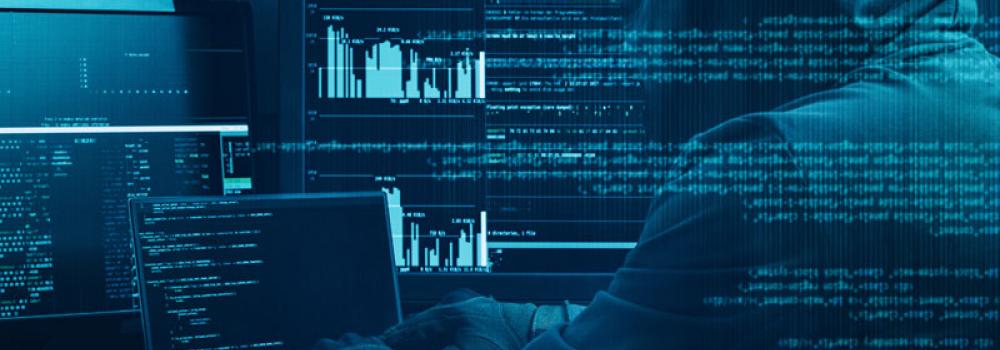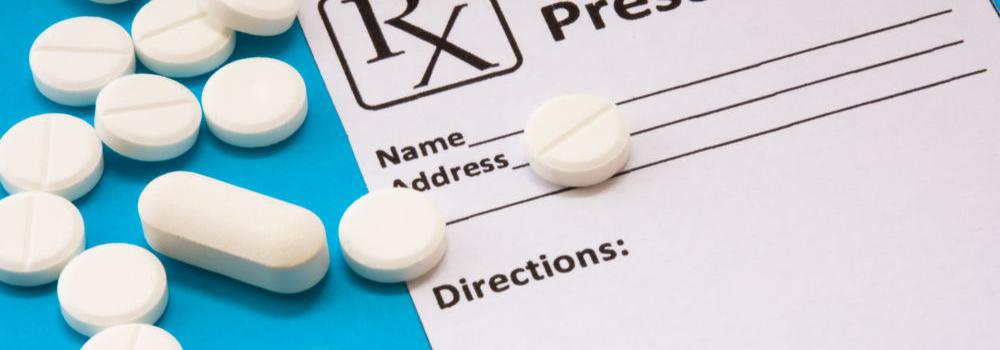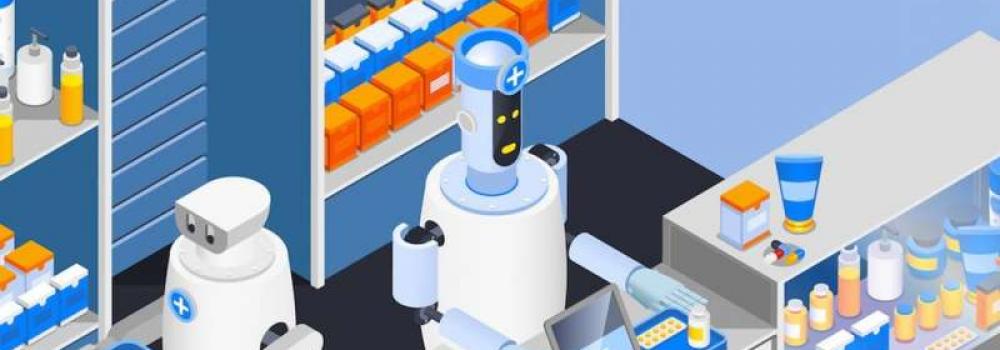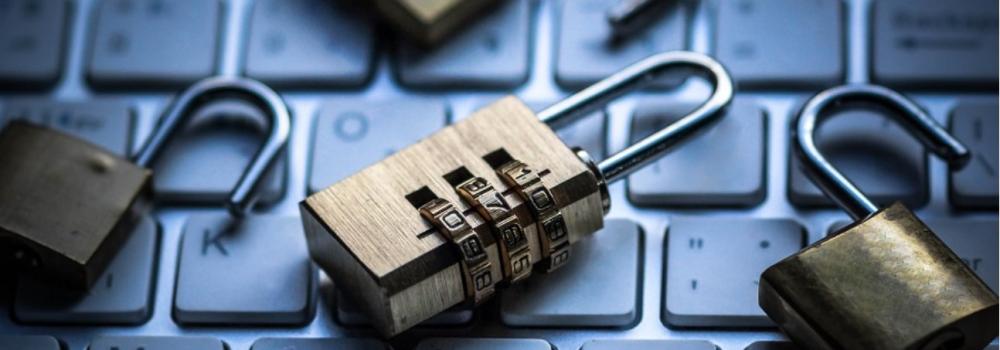Results for Health Law
The Battle Over the ACA
The Supreme Court of the United States heard oral arguments today in the consolidated cases titled California et al. v. Texas et al. and Texas et al. v. California et al., which could determine the fate of the Affordable Care Act (“ACA”), its protections, and the health insurance coverage of 20+ million Americans. Tens of millions of Americans gained insurance coverage under the ACA, which includes popular provisions such as guaranteeing coverage for individuals with pre-existing conditions and forbidding insurers from denying them coverage or charging them more.
Medicare Accelerated and Advanced Payment Program offers financial relief
The Centers for Medicare and Medicaid Services (“CMS”) is working with participating provides and suppliers to ensure they have the funds necessary to continue operating without disruption. During the current public health emergency caused by the COVID-19 pandemic, the Medicare Accelerated and Advanced Payment Program (the “Program”) will lend most providers or suppliers as much as 100% of the amount it received during the preceding six (6) month period.
Medical Practice Vulnerabilities during COVID-19: Cybercrime
In the mist of the COVID-19 pandemic, medical practices are overwhelmed with the number of patients seeking testing and office visits related to COVID-19. Interpol has released a “purple notice” to its 194 member countries warning them of the heightened ransomware threat during the pandemic.
Coronavirus Legal Advise: get your estate in order - NOW
If you are over 60-you need an estate plan. This virus has the ability to create havoc in individuals over the age of 60- a segment of our population that includes business owners, CEO's and heads of households. The critical question we should all be asking is "what if I get it?". I cannot urge enough to avoid putting this difficult question off.
Social Media in the Healthcare World
Social Media is invaluable for all businesses but in the health care business it comes with many challenges. The primary reason is that patient confidentiality rules, generally called HIPAA, can prevent or seriously limit a response to a complaint or review. Also, patient solicitation rules prohibit certain types of patient outreach for some providers.
Off-Label Prescribing For COVID-19; Is It Fraud?
In several press conferences the President of the United States has been promoting the use of a malaria drug, Chloroquine, for treatment related to COVID-19. Because Chloroquine...
New Bill Would Allow Automated Pharmacy Machines
A Bill being considered by the Florida Legislature would allow for the use of automated pharmacy dispensing, allowing pharmacies to use what essentially amounts to vending machines to dispense medications. CS/CS/HB 59: Automated Pharmacy Systems would allow community pharmacies to locate machines at medical offices, employers or other locations outside of the pharmacy in order to provide convenience to patients to obtain their medications.
How Electronic Data Makes It Easier To Commit Health Care Fraud
According to an investigation by Pro Publica, the system for assigning National Provider Identifier (NPI), the gateway to obtaining billing privileges for federal health care programs and private insurance, makes it fairly simple to commit fraud. The reason is nobody actually checks the credentials of those applying for an NPI number.
Medicare Risk Adjustment and Mental Health – Fraud Concerns Reduce Possible Payments
Although the goal of providing care is the same regardless of the payment arrangement, often the payment model requires different approaches to how that care is both provided and particularly how health services are documented. The underlying payment rationale of managed care and Medicare Advantage plans is providers are reimbursed for value and outcomes rather than the volume of services.
Federal Weapon In The Opioid Crisis – Civil Penalties
The DEA and the US Attorneys enforcing health care laws routinely use criminal prosecutions and administrative actions. Less routinely does the government use civil courts. The governmental decision-making as to what constitutes a crime as opposed to an administrative or civil action is often blurry and can confound anyone who tries to determine why some cases are pursued one way and some another.








